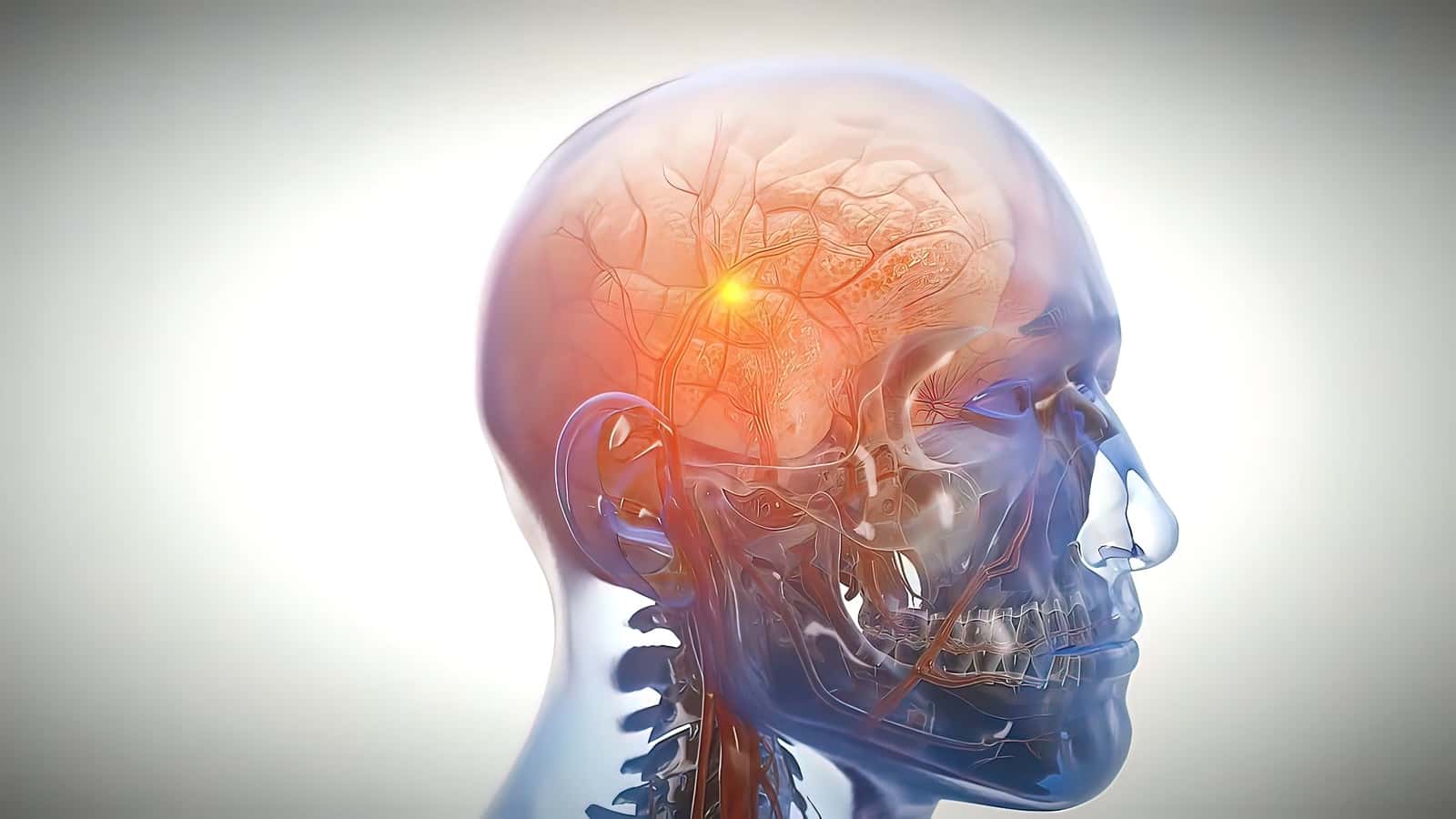
Everyone is aware that we have a microbiome within our digestive tract. It’s a whole ecological system unto itself containing bacteria, viruses and fungi. For decades, medical students learned that the lungs, the brain and other organ systems did NOT harbor such micro-organisms. But now, evidence is mounting that was a misconception. There is clearly a lung microbiome. Scientists are beginning to find evidence of a brain microbiome as well.
Fish Have a Brain Microbiome:
We can imagine that brain infections would wreak havoc with the neurons. But even healthy brains aren’t devoid of microbes. A researcher in New Mexico has painstakingly confirmed the presence of a microbiome in the brains of fish. According to Dr. Irene Salinas, the mucous membranes of the nose, which encounter a lot of microbes in the course of a day, are located extremely close to the olfactory bulb of the brain. In the salmon or trout, there may be no more than a few millimeters of separation. The olfactory bulbs are not the only areas of the brain to host microbes, though. Salinas and her laboratory found living microbes in many regions of the brains of their fish. She hypothesizes that if fish have a brain microbiome, then humans might also. We’ll need more research in the future to determine if that is the case.
Bad Bugs Cause Brain Problems:
Whether or not the human brain normally hosts a microbiome, when the brain succumbs to infection the results can be devastating. Investigators have long suspected a link between the virus that causes cold sores and the risk for Alzheimer disease. A research paper published in the journal Alzheimer’s & Dementia describes a number of cases linking microbial infection of the brain to cognitive decline and dementia (Alzheimer’s & Dementia, Nov. 2023). The microbes included Borrelia burgdorferi which causes Lyme disease and Cryptococcus neoformans, a fungal infection. One of the cardinal signs of Alzheimer disease is the accumulation of amyloid plaque in the brain. The scientists point out that Abeta peptide, a building block for amyloid plaque, is produced as part of the brain’s immune response to infection. It can trap pathogens and protect host cells. So the much-feared amyloid build-up may be a sign of overwhelming infection and resulting inflammation rather than the prime mover of dementia.
The researchers note,
“the combined weight of evidence argues that the brain houses its own microbiome, and that infection may contribute to the neuroinflammation and neurodegeneration seen in AD.”
They plan ambitious further studies to determine exactly how the brain microbiome may be involved in the development of dementia.
Citations
- Lathe R et al, "Establishment of a consensus protocol to explore the brain pathobiome in patients with mild cognitive impairment and Alzheimer's disease." Alzheimer’s & Dementia, Nov. 2023. DOI: 10.1002/alz.13076

